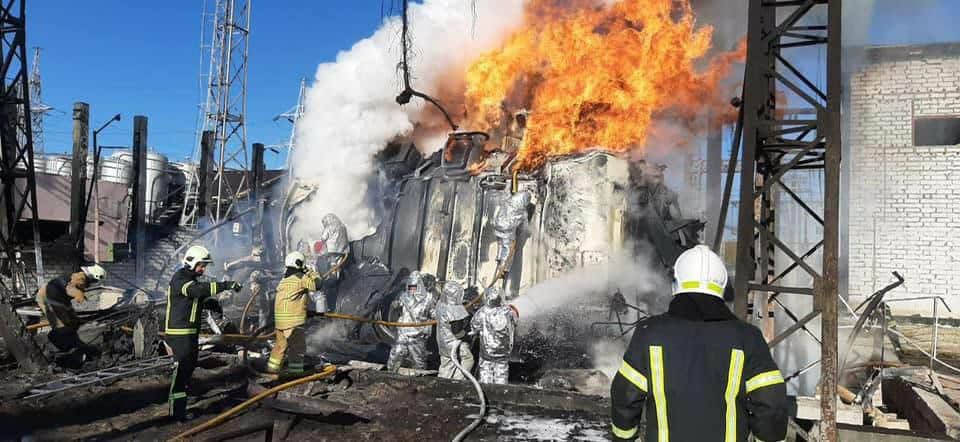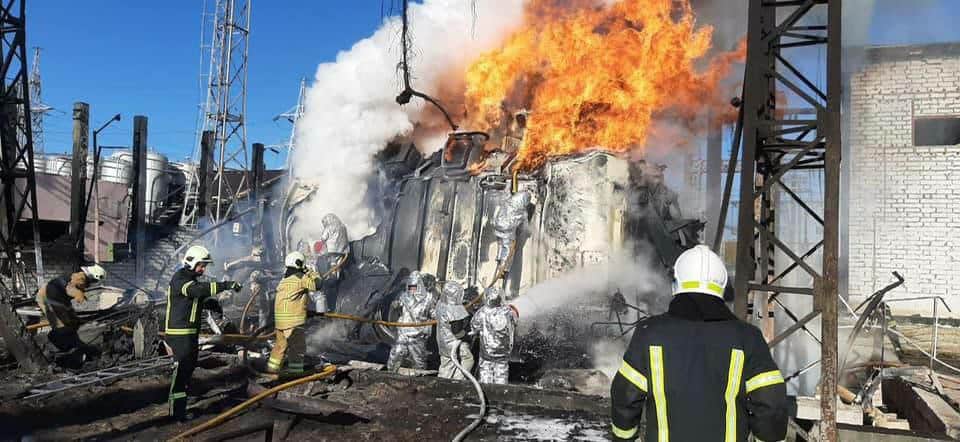The national political and military leaders who committed America to wars of choice in Vietnam, the Balkans, Afghanistan, and Iraq, did so as a rule because they were convinced the fighting would be short and decisive. American presidents, presidential advisors, and senior military leaders never stopped to consider that national strategy, if it exists at all, consists of avoiding conflict unless the nation is attacked and compelled to fight.
The latest victim of this mentality is Ukraine. In the absence of a critical root-and-branch analysis of Russia’s national power and strategic interests, American senior military leaders and their political bosses viewed Russia through a narrowly focused lens that magnified US and Ukrainian strengths but ignored Russia’s strategic advantages—geographic depth, almost limitless natural resources, high social cohesion, and the military-industrial capacity to rapidly scale up its military power.
Ukraine is now a war zone subject to the same treatment the US armed forces inflicted on Germany and Japan during the Second World War, on Vietnam in the 1960s, and on Iraq over decades. Power grids, transportation networks, communications infrastructure, fuel production, and ammunition storage sites are being systematically destroyed. Millions of Ukrainians continue to flee the war zone in pursuit of safety, with ominous consequences for Europe’s societies and economies.
Meanwhile, the Biden administration repeatedly commits the unpardonable sin in a democratic society of refusing to tell the American people the truth: contrary to the Western media’s popular “Ukrainian victory” narrative, which blocks any information that contradicts it, Ukraine is not winning and will not win this war. Months of heavy Ukrainian casualties, resulting from an endless series of pointless attacks against Russian defenses in Southern Ukraine, have dangerously weakened Ukrainian forces.
Predictably, NATO’s European members, which bear the brunt of the war’s impact on their societies and economies, are growing more disenchanted with Washington’s Ukrainian proxy war. European populations are openly questioning the veracity of claims in the press about the Russian state and American aims in Europe. The influx of millions of refugees from Ukraine, along with a combination of trade disputes, profiteering from US arms sales, and high energy prices risks turning European public opinion against both Washington’s war and NATO.
Russia has also undergone a transformation. In the opening years of President Putin’s term of office, the Russian Armed Forces were organized, trained, and equipped for exclusively national territorial defense. But the conduct of the Special Military Operation (SMO) in Ukraine has demonstrated the inadequacy of this approach for Russia’s National Security in the 21st century.
The opening phase of the SMO was a limited operation with a narrow purpose and restricted goals. The critical point is that Moscow never intended to do more than persuade Kiev and Washington that Moscow would fight to prevent Ukraine from joining NATO, as well as the further mistreatment of Russians in Ukraine. The SMO was, however, based on invalid assumptions and was terminated. As it turned out, the limited nature of the SMO achieved the opposite of the outcome that Moscow desired, conveying the impression of weakness, rather than strength.
Read the whole article here.


